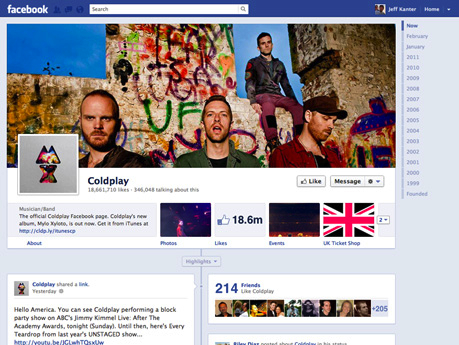The Wall Street Journal reports that Facebook is developing a childrens network to overcome the problem of kids under 13 joining the service.
Underage kids getting on the network is a major problem for the social media service with last year’s Pew Social Media and Young Adult survey finding over half of US children logging onto these sites.
The rule of under 13s joining Facebook or other social media services isn’t one born out altruism – it was born out of the US COPPA law which was enacted at the end of the 1990s to protect young children from inappropriate advertising and data mining.
For Facebook and all the other social media data mining operations the inability to gather information on or advert to minors means they haven’t been interested in investing time or money in developing childrens’ networks.
As social networks become more critical to kids’ social lives, it’s not unexpected that younger children are going online just like their older brothers and sisters and this creates risks for services like Facebook.
To mitigate those risks, it was inevitable that Facebook would have to address the problem with setting up a service aimed at younger kids.
Where the challenge lies for Facebook and parents is encouraging kids to use the younger service. It’s going to have to be compelling for the youngsters to use it in preference to the adult network.
The key there is to get the critical mass of kids onto the service – social media platforms only succeed when users know their peers will be there.
So Facebook are probably going to have to offer most of the features of the main platform, without advertising or some of the more intrusive data mining and games.
It also won’t be possible to exclude adults from the kids network as parents and other relatives want to know what their offspring are doing and being friends with the younger ones is essential so they can see posts and other activity.
Age will also be an issue, it may well turn out that a kids network is more appropriate up to say 15 year olds rather than the current thirteen mandated by COPPA.
Overall, a Facebook Kids Network will be sensible move. The worry for Facebook is that kids might just decide there is more compelling place for their friends and interests.




